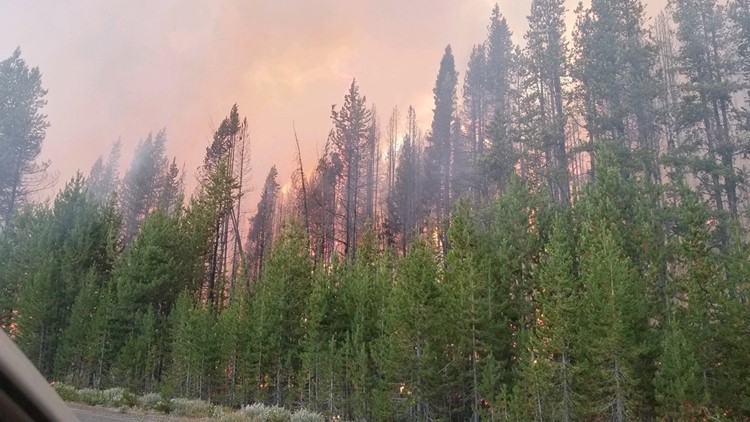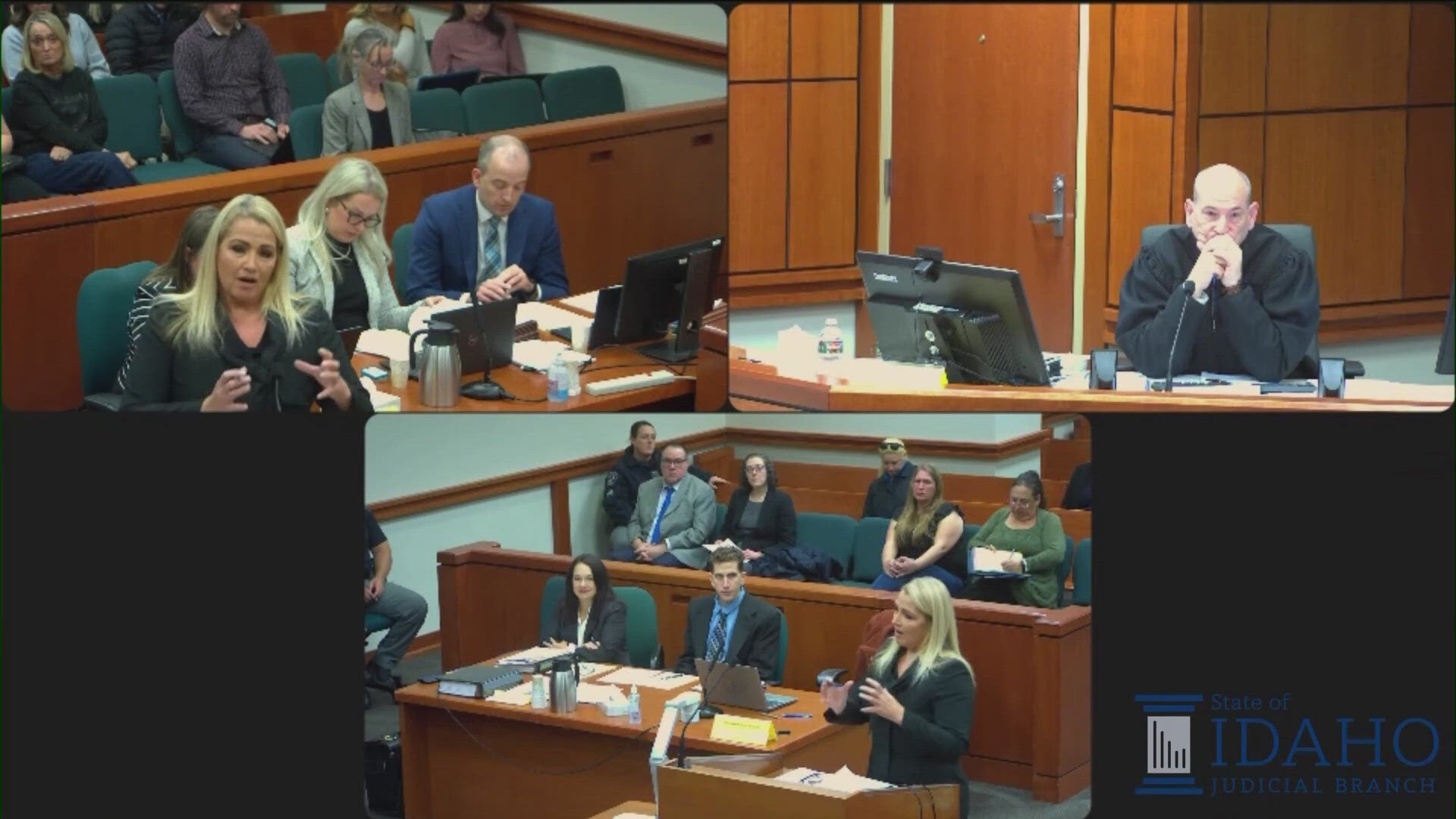BOISE, Idaho — A giant Idaho forest project favored by some environmental groups but decried by others is on hold again following a federal court ruling.
The decision Tuesday halts for the second time a 125-square-mile project on the Payette National Forest that includes commercial timber sales, work to improve fish passage, prescribed burning, the closing of some roads and restoration of Ponderosa pine ecosystems.
The Lost Creek-Boulder Creek Landscape Restoration Project had previously gone before the 9th U.S. Court of Appeals in 2018, where the U.S. Forest Service lost.
The Forest Service in 2019 renewed the project with a new approval decision based on a clarified environmental review, which went through a public comment period. The Forest Service said that decision was entirely new and removed the process from the 9th Circuit Court ruling.
But a U.S. District Court disagreed, ruling the latest plan contains the same environmental law violations the appeals court cited.
The Forest Service is required by the National Forest Management Act of 1976 to develop plans for its national forests. The Payette National Forest plan was developed in 2003.
The Forest Service with the Lost Creek-Boulder Creek project sought to sidestep a part of that plan by reclassifying portions of the forest from timber harvest to landscape restoration with a goal of growing larger trees. The Forest Service could avoid violating its forest plan if needed by cutting down large trees in those reclassified areas.
U.S. District Court Judge B. Lynn Winmill in ruling against the Forest Service wrote that if violating the forest plan "could be justified by explaining that a later project – such as cutting down the overabundance of large trees – would cure the violation, the 2003 Forest Plan could be ignored and (National Forest Management Act) rendered a null Act."
The Forest Service said it doesn't comment on litigation. The Justice Department, which defends federal agencies in lawsuits, didn't respond Wednesday to an inquiry from The Associated Press sent through a media request form on its website.
"The (Forest Service) thought it could get away with more logging by simply claiming logging isn't logging – it's "restoration," said Michael Garrity of the Alliance for the Wild Rockies, one of the three groups who brought the lawsuit. "But to do this, they had to violate the Forest Plan."
The Forest Service had support for the project from the Payette Forest Coalition, which offered recommendations on the project. The coalition contains environmental groups, notably the Idaho Conservation League, as well as timber companies and local government entities. The project included such things as improving fish passage for bull trout, a federally protected species.
Another key draw for environmental groups supporting the project was changing portions of the forest from a timber harvest designation to a restoration designation.
Specifically, the Forest Service wanted to restore native stands of Ponderosa pine, a fire-reliant and fire-resistant species that needs an occasional forest fire to open its pine cones with intense heat and destroy competing trees.
The project would have removed Douglas fir and grand fir trees from what had once been Ponderosa pine strongholds in the forest. Ponderosa pine shed their lowest limbs to get out of the reach of wildfires, and their bark is thick and able to resist flames.
But the trees can die in wildfires when surrounded by Douglas fir and grand fir, which typically have branches much closer to the ground and lack the fire resistance of Ponderosas.
The Payette National Forest has a handful of other restoration projects in the works that are in various stages of just beginning or nearing completion.



